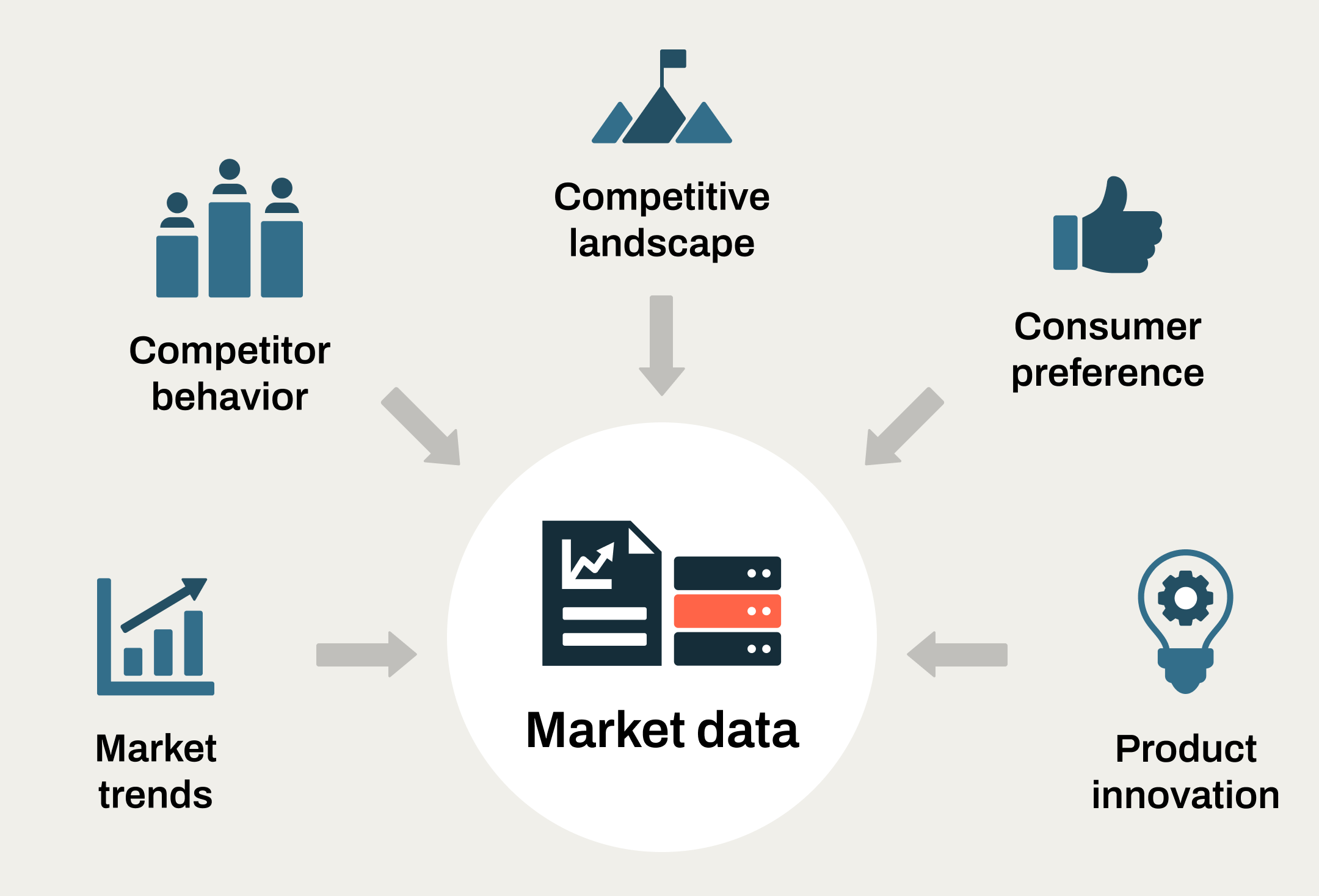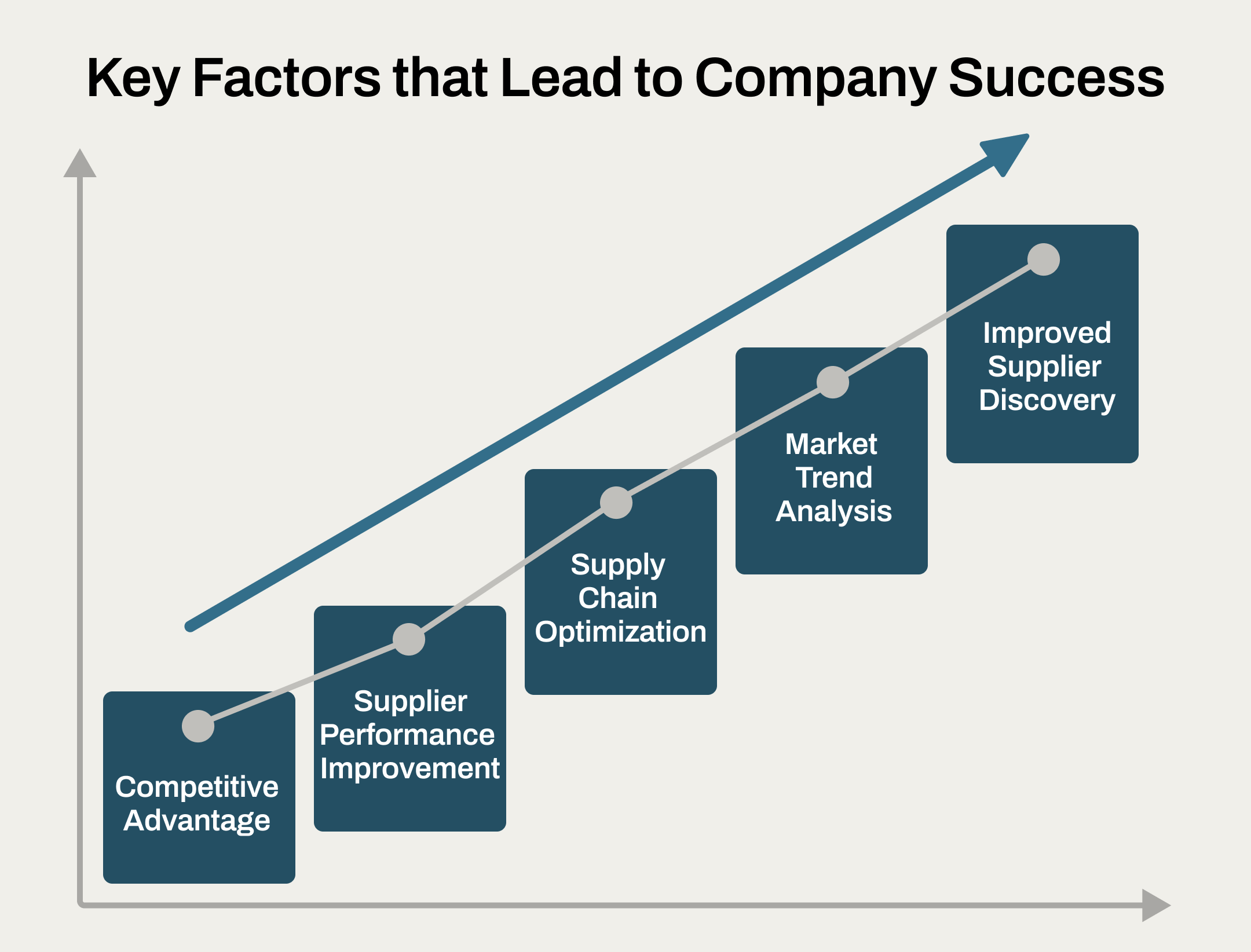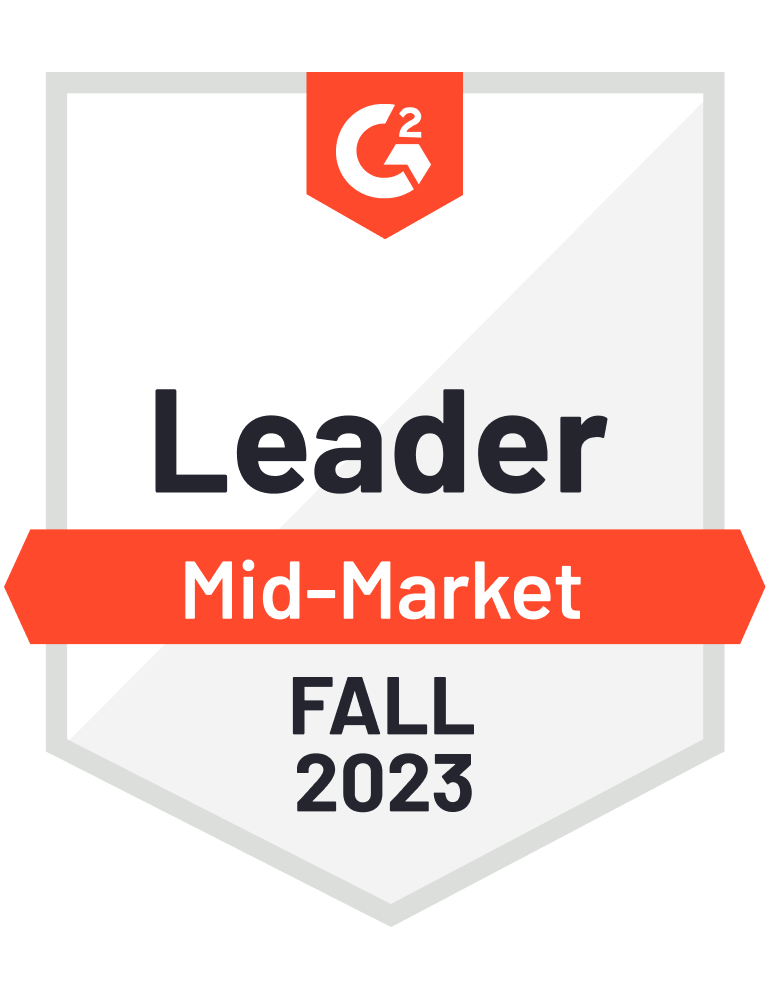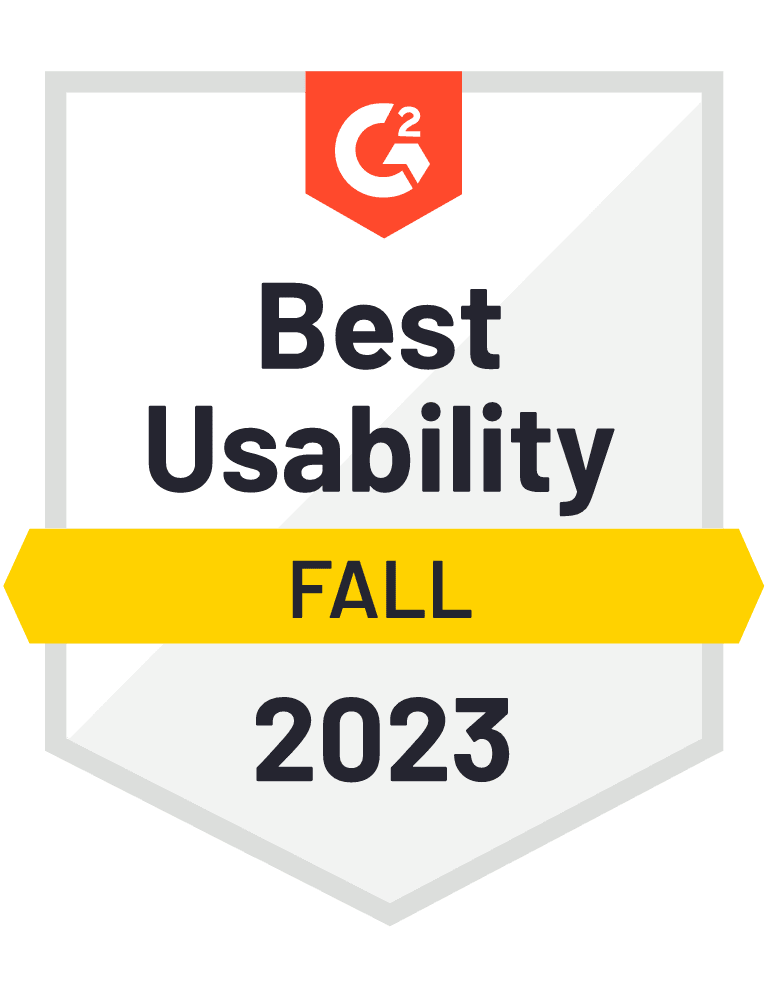Not too long ago, it was simply accepted that procurement belonged behind the scenes, working to make sure organizations had what they needed and that purchasing was compliant. That often included pestering cross-functional teams for information and documentation, but few answering those questions considered the value that procurement brought to the organization.
That dynamic is changing. Today, companies are looking for experts who can harness advanced tools for efficient processes that yield real cost savings. Even companies that do not do a lot of direct spend for supplies are seeking the strategic benefits of efficient, cost-effective purchasing on indirect spend.
Technical skills in procurement are essential for success. Today’s procurement professionals must navigate complex technologies, data analytics, and evolving market trends, so they need a strong foundation in technical knowledge.
At the same time, procurement professionals must navigate soft skills like effective communication and analytical skills, negotiation, and strategic thinking.
Read on to discover the essential skills for succeeding in a procurement career!
What are procurement skills?
Procurement skills are wide-ranging. An effective procurement professional has a unique blend of strategic foresight, careful market analysis, strong negotiation skills, airtight project management skills for running projects like RFPs, and a keen understanding of cutting-edge technologies.
Their ability to create strong supplier relationships, coupled with a sharp focus on cost optimization, risk management, and compliance, helps them navigate the complexities of modern procurement, ensuring they contribute significantly to the overall success and resilience of the organization.
12 key procurement skills.
Here are the 12 most critical procurement skills for success.
1) Negotiation skills.
Negotiation is a vital part of securing favorable terms and developing positive supplier relationships.
Skillful negotiation not only ensures cost efficiency but also establishes mutual trust, transparency, and a spirit of collaboration.
Careful negotiation isn’t confrontational but fosters long-term partnerships that contribute to the overall success and sustainability of the business.
2) Strategic thinking.
Strategic thinking helps align the procurement process with overarching business objectives.
By evaluating the broader business landscape, understanding market trends, and anticipating future challenges, procurement professionals can make informed decisions that not only optimize costs but also contribute directly to achieving organizational goals.
This forward-thinking approach ensures that procurement becomes a strategic partner, aligning its activities with the company’s overarching vision and playing a vital role in driving overall business success.
3) Data analysis.
Data analysis plays a pivotal role in the procurement process, empowering professionals to make informed decisions.
By leveraging analytics, procurement teams can gain valuable insights into supplier performance, strategic sourcing, market trends, and cost structures.
Importance of up-to-date data.
This data-driven approach not only facilitates more accurate budgeting and forecasting but also enables the identification of cost-saving opportunities and potential risks.
From supplier selection to contract negotiation, data analysis acts as a guiding force, enhancing efficiency and precision in decision-making. But these decisions can’t be made with data that doesn’t reflect an organization’s current financial status. That’s when knowing how to find the best tools becomes one of the most important procurement skills.

4) Market research proficiency.
Market research is one of the essential procurement manager skills, serving as a compass for understanding trends and pinpointing optimal suppliers.
By applying analytical skills to industry dynamics, pricing, and supplier capabilities, organizations gain valuable insights that guide strategic decision-making, ensuring alignment with business objectives.
This proactive approach not only keeps businesses ahead of industry shifts but also facilitates the identification of reliable suppliers, fostering resilient partnerships that contribute to overall operational optimization and business success.
5) Financial management knowledge.
Financial management knowledge is instrumental in effective budgeting and cost control within a procurement department.
By understanding financial intricacies, procurement teams can negotiate favorable terms with suppliers, optimize spending, and contribute to overall fiscal responsibility.
In essence, a strong foundation in financial management empowers procurement professionals to navigate budgetary constraints with precision, ultimately enhancing the financial health and efficiency of the organization.
Staying current.
Continuing education is important to stay on top of the latest trends in procurement. Airbase’s webinar series often offers CPE credits upon successful completion.
6) Relationship management competence.
Managing supplier relationships and relationships with stakeholders and internal teams is the linchpin of organizational success.
By cultivating strong connections with internal stakeholders, businesses foster effective communication, build trust, and enhance collaboration.
These relationships not only facilitate seamless operations but also promote innovation, creating a foundation for shared success and sustainable growth.
Collaboration tools.
Many internal stakeholders become involved in the purchasing process: legal for contract management and review, IT to make sure software purchases are safe, to name just a few. Having the right tools to ensure no information is lost or overlooked helps keep everyone in the loop.
With Airbase, for example, contracts can be reviewed right in Ironclad and then synced to Airbase. SOC reports can be vetted in Jira by the InfoSec team.
7) Procurement analytics expertise.
Procure-to-pay analytics play a crucial role in optimizing procurement processes by leveraging data-driven insights to enhance efficiency and strategic decision-making.
From identifying cost-saving opportunities and evaluating supplier performance to mitigating risks, analytics empowers procurement professionals to streamline operations, drive informed choices in supply chain management, and achieve outcomes that align with broader organizational goals.

8) Business goal alignment.
Aligning procurement strategies with wider business goals is crucial for ensuring organizational success and sustainability.
Effective procurement goes beyond cost reduction — it directly impacts the overall performance and competitiveness of a business.
By integrating procurement with broader business objectives, such as innovation, risk management, and strategic growth, companies can enhance operational efficiency, drive product and service quality, and mitigate supply chain risks.
This alignment fosters a synergistic relationship between procurement and other functional areas, enabling the organization to adapt to market changes, capitalize on emerging opportunities, and ultimately achieve a more robust and resilient position in the marketplace.
In essence, strategic procurement alignment contributes significantly to the overall health and strategic advancement of the business.

Guided Procurement Tour
Explore our automated procurement workflows in the Guided Procurement tour.
Supporting business goals: A common use case.
Consider a technology company that wants to gain a competitive edge through a truly innovative product. By aligning its procurement strategies with this business goal, the company focuses on sourcing cutting-edge technologies and partnering with innovative suppliers.
Instead of solely prioritizing cost savings, the procurement team prioritizes suppliers that can provide advanced solutions, new features, and a faster time-to-market.
This strategic alignment ensures that the company acquires the necessary resources to stay ahead in the rapidly evolving tech industry.
As a result, the business not only achieves cost efficiency but also gains a competitive advantage by introducing innovative products and services, thereby meeting both procurement and wider business goals in tandem.

9) Global marketing insight.
In a globalized economy, having comprehensive insights into global markets is paramount for making informed procurement decisions.
Understanding international market trends, geopolitical factors, currency fluctuations, and regional supply chain dynamics is essential for mitigating risks, identifying cost-saving opportunities, and optimizing sourcing strategies.
Global market insights empower procurement professionals to navigate the complexities of cross-border trade, anticipate potential disruptions, and capitalize on emerging opportunities.
Moreover, a nuanced understanding of diverse markets enables the alignment of procurement decisions with broader organizational goals, ensuring that sourcing practices contribute to strategic objectives in an ever-evolving global business landscape.
In essence, global market insights form the foundation for effective and agile decision-making in procurement, playing a pivotal role in the success and resilience of businesses operating on the international stage.
10) Technological proficiency.
Technology has revolutionized procurement processes, streamlining tasks such as vendor management, contract negotiations, and data analysis.
The increasing digitization of procurement underscores the need for professionals to be tech-savvy, as familiarity with e-procurement systems, data analytics tools, and emerging technologies like artificial intelligence is essential for optimizing efficiency, reducing costs, and maintaining competitiveness in the modern business landscape.
11) Project management capability.
Project management skills are crucial as they ensure the efficient coordination of tasks, timely delivery of goods and services, and adherence to budgetary constraints.
Professionals with strong project management abilities can navigate complex procurement processes, mitigate risks, and facilitate effective communication among stakeholders, contributing to the successful execution of projects.
12) Presentation and leadership skills.
Effective presentation, communication, and leadership skills are essential for procurement managers, as they enable clear articulation of goals, expectations, and strategies, fostering a cohesive and motivated team.
Strong communication ensures that team members understand their roles, deadlines, and the broader project context, while mobilization skills empower leaders to inspire and guide their teams, promoting collaboration, adaptability, and successful project outcomes in the dynamic realm of procurement.
How to develop procurement specialist skills.
Education foundation.
A career in procurement typically requires an educational background in business, supply chain management, or a similar field.
A bachelor’s degree in business administration, logistics, or economics provides a solid understanding of key elements of the procurement process, such as financial management, negotiation, and strategic planning.
Advanced degrees, such as a master’s in supply chain management or an MBA with a focus on procurement can further boost knowledge and skills.
Education in these areas is vital for professionals in procurement as it equips them with the necessary expertise to navigate complex supply chains, analyze market trends, and implement strategic sourcing strategies.
Cross-functional exposure.
As with other finance careers, exposure to different business functions can significantly broaden a procurement specialist’s perspective by providing a holistic understanding of the organization’s operations.
As procurement is inherently interconnected with various departments such as finance, marketing, operations, and research and development, gaining experience across these functions allows procurement professionals to appreciate the diverse needs and priorities of each area.
Interacting with colleagues from different departments helps develop a nuanced understanding of the entire value chain.
This cross-functional exposure enhances communication, fosters collaboration, and allows procurement managers and specialists to identify opportunities for optimization and efficiency improvements that may not be apparent when viewing the organization in isolation.
Ultimately, a well-rounded perspective acquired through exposure to different business functions equips procurement specialists to make informed decisions that contribute positively to the overall success of the company.
Strengthen your relationship with suppliers.
Building strong, long-term relationships with suppliers is paramount for procurement success.
Building a sense of trust.
These relationships create a sense of mutual understanding, enabling more transparent communication and collaboration.
This trust, in turn, often results in preferential treatment and access to innovative solutions.
Long-term relationships can also lead to more favorable terms, including better pricing, flexible payment terms, and priority access to goods and services.
Long-term relationship management.
A stable supplier relationship reduces the risk of disruptions in the supply chain, enhancing overall operational resilience.
When suppliers perceive a buyer as a reliable, long-term partner, they are more likely to invest in improving product quality and providing excellent service.
Building strong, enduring supplier relationships is a strategic imperative for procurement success, yielding benefits that extend beyond immediate cost considerations to positively impact the efficiency, innovation, and overall competitiveness of an organization.
Attend workshops and seminars.
Attending workshops and seminars is crucial for procurement professionals as it provides invaluable opportunities to stay updated on industry trends, regulations, and best practices, fostering continuous skill development and ensuring their ability to navigate the dynamic and evolving landscape of procurement.
Conferences like ProcureCon bring together leading industry analysts to exchange knowledge on the latest developments.
Stay informed about industry trends.
Staying informed about the latest trends and changes in the procurement industry is important for professionals seeking to maintain a competitive edge.
In a rapidly evolving business environment, awareness of emerging technologies, market shifts, and regulatory updates is essential for effective decision-making and risk management.
Keeping abreast of industry trends enables procurement specialists to proactively adapt strategies, incorporate innovative solutions, and anticipate potential challenges.
This knowledge not only enhances operational efficiency but also positions professionals to contribute meaningfully to their organizations, ensuring that procurement practices align with current best practices and remain responsive to the ever-changing demands of the global marketplace.
Airbase’s Off the Ledger Slack group brings together finance and procurement professionals to ask questions, review products, post job openings, and more. It’s a no-sales-allowed zone to help procurement professionals learn from each other.
Learn more about how Airbase supports your procurement needs.
Find out how Airbase’s Guided Procurement module gives procurement professionals the tools they need to showcase their skills. Schedule a demo today!



Schedule a demo
Learn how Airbase can transform your entire purchasing process.
 Jira Integration – Streamline Your Workflows
Jira Integration – Streamline Your Workflows  Ironclad Integration – Simplify Legal Operations
Ironclad Integration – Simplify Legal Operations  Asana
Asana 




